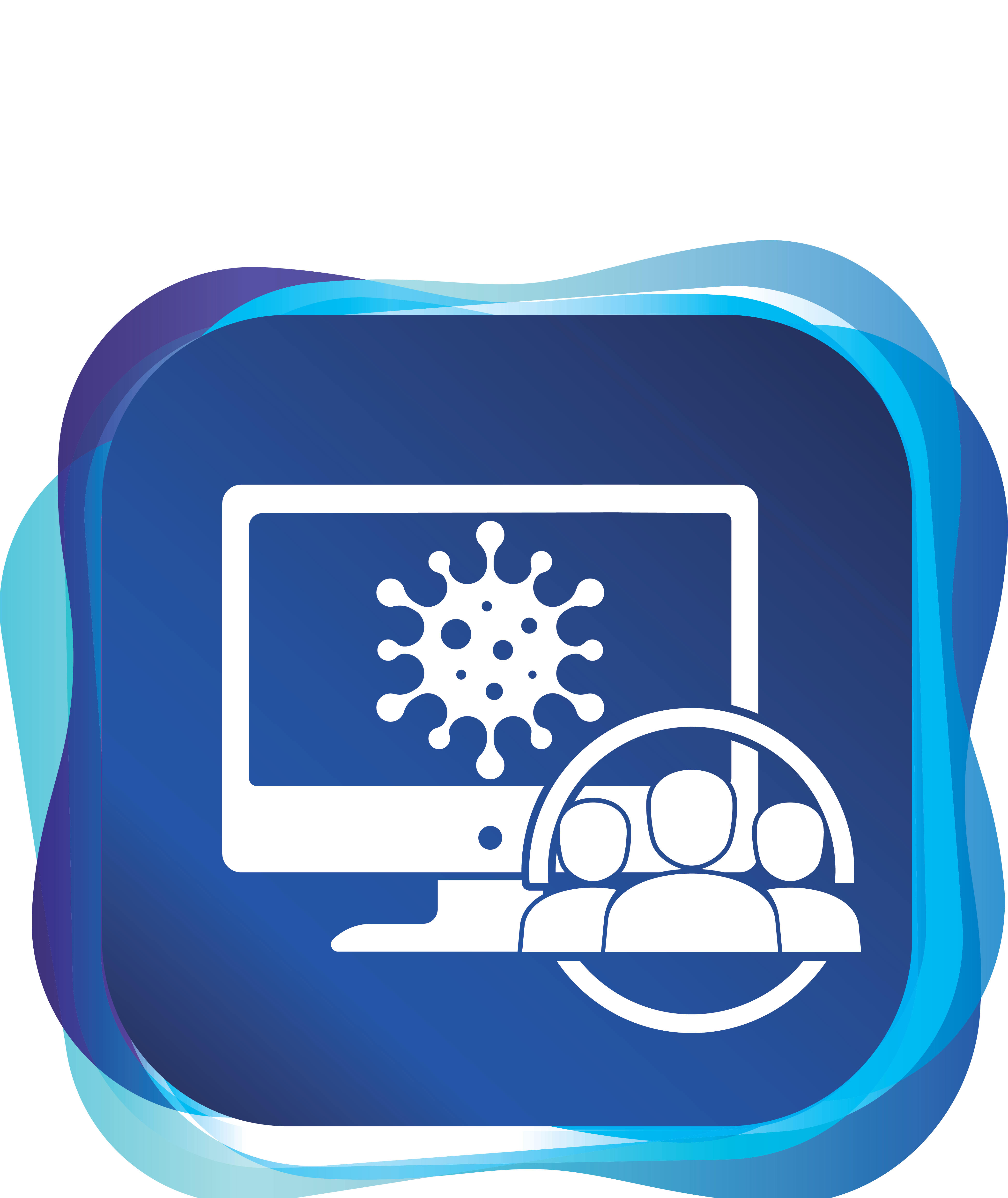 |
CCST9082 Scientific and Technological Literacy
|
Course Description
Throughout history, pandemics have indelibly shaped the course of human civilisation. From cholera and the bubonic plague to influenza, these global health crises have left an indelible mark on societies worldwide. COVID-19, once an all-encompassing force, now lingers like a shadow of the past. As we cautiously emerge from the shadow of social distancing measures, this course aims to dissect the intricate interplay of science, policy, and societal responses during pandemics.
This course will delve into two crucial aspects of pandemics: 1) the science behind their spread, diagnosis, prevention, treatment and the breakthroughs in mathematical models; 2) the role of public health and global governance, social contracts, and political trust. Through a combination of lectures, tutorials, group projects, and presentations, students will draw on their own experiences to critically evaluate the strategies employed by governments, assess their effectiveness, and contemplate potential approaches to future pandemics.
This immersive learning experience will not only deepen your understanding of pandemics but also equip you with practical skills and knowledge that are highly relevant in today’s world. It will provoke thought on pressing questions, such as how concerned we should be about viruses, the feasibility and ethical implications of eradicating all contagions, and the balance between public health and personal freedoms. Upon completing this common core course, you will have honed key intellectual skills that will complement your disciplinary studies, enabling you to actively contribute as responsible individuals and citizens in both local and global communities, and making you a valuable asset in any field you choose to pursue.

Course Learning Outcomes
On completing the course, students will be able to:
- Describe the definition of a pandemic and explain how a pandemic emerges and the factors controlling its spread.
- Describe how major biomedical discoveries/breakthroughs have improved human health globally and helped control the spread of a pandemic.
- Demonstrate awareness and critically evaluate the impacts of the pandemic on the process of sustainable development.
- Formulate informed arguments/solutions in responding to the management of potential future pandemics.
- Acquire the ability to communicate effectively through spoken texts (e.g., discussions and debates) and writing through appropriate visual modes and media (e.g., comic strip, graphs, posters).
Offer Semester and Day of Teaching
Second semester (Wed)
Study Load
| Activities | Number of hours |
| Lectures | 24 |
| Tutorials | 8 |
| Workshops | 3 |
| Reading / Self-study | 40 |
| Assessment: In-class quizzes | 10 |
| Assessment: Essay / Report writing | 5 |
| Assessment: Group project presentation (incl preparation) | 30 |
| Total: | 120 |
Assessment: 100% coursework
| Assessment Tasks | Weighting |
| Tutorial exercises | 30 |
| In-class quizzes | 20 |
| Written assignment | 10 |
| Group project | 20 |
| Poster and oral presentation | 20 |
Required Reading
- Downey, L., & et. al. (2022). The impact of COVID-19 on essential health service provision for endemic infectious diseases in the South-East Asia region: A systematic review. The Lancet Regional Health – Southeast Asia, 1, 100011. From https://doi.org/10.1016/j.lansea.2022.04.007
- Jecker, N. S., & Au, D. K. S. (2021). Does zero-COVID neglect health disparities? Journal of Medical Ethics, 48(3), 169-172.
- Rahmandoust, M. & Ranaei-Siadat, S. (2021). COVID-19: Science to Social Impact. Springer Nature Singapore Pte Ltd. From https://doi.org/10.1007/978-981-16-3108-5 [Chaps. 1, 3, 5, 6, 7]
- Sachs, J. D., & et. al. (2022). The Lancet Commission on lessons for the future from the COVID-19 pandemic. Lancet (London, England), 400(10359), 1224–1280. From https://doi.org/10.1016/S0140-6736(22)01585-9
- Schleicher, A. (2020). The Impact of COVID-19 on Education – Insights from Education at a Glance 2020. The Organization for Economic Cooperation and Development (OECD).
- Zamora-Ledezma, C., Clavijo, C., Medina, E., Sinche, F., Vispo, N., Dahoumane, S., & Alexis, F. (2020). Biomedical Science to Tackle the COVID-19 Pandemic: Current Status and Future Perspectives. Molecules, 25(20), 4620.
Course Co-ordinator and Teacher(s)
| Course Co-ordinator | Contact |
| Dr B.B.H. Yuen School of Biomedical Sciences, Li Ka Shing Faculty of Medicine |
Tel: 3917 9500 Email: yuenbbh@hku.hk |
| Teacher(s) | Contact |
| Dr B.B.H. Yuen School of Biomedical Sciences, Li Ka Shing Faculty of Medicine |
Tel: 3917 9500 Email: yuenbbh@hku.hk |
| Dr Michael Manio School of Biomedical Sciences, Li Ka Shing Faculty of Medicine |
Tel: 3917 9115 Email: mikemd03@hku.hk |
| Dr R. Sinha Medical Ethic and Humanities Unit, Li Ka Shing Faculty of Medicine |
Tel: 3917 9073 Email: riasinha@hku.hk |
| Dr A.T. Park School of Public Health, Li Ka Shing Faculty of Medicine |
Tel: 3917 9925 Email: atpark@hku.hk |

